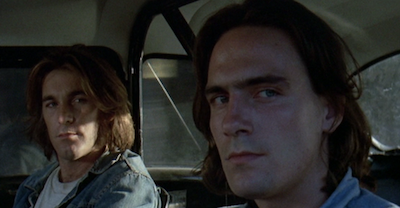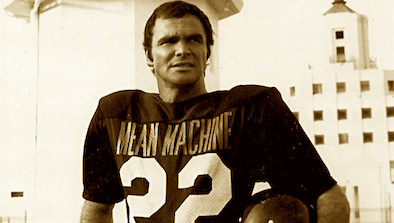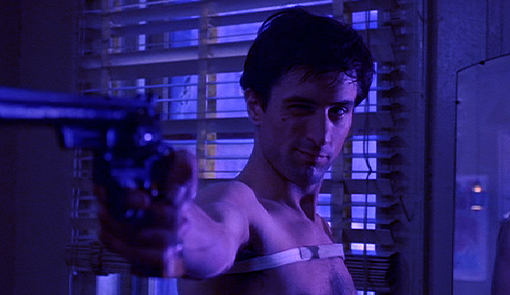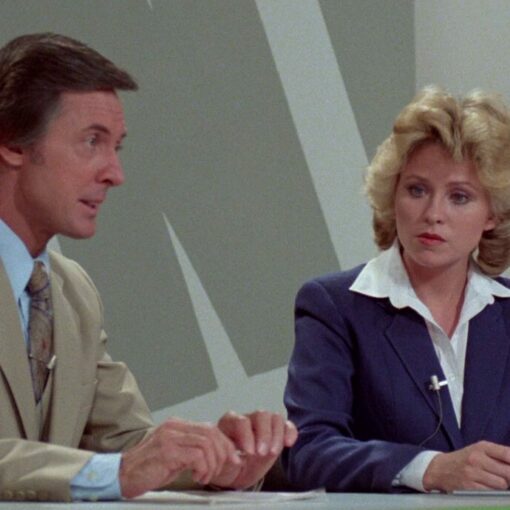Welcome back to our latest review series in which we take a look at three classic road movies from the 60’s and 70’s that have important messages. Last time, I talked about Easy Rider and, as I mentioned in that review, the reason I started this series is because I wanted to revisit Two-Lane Blacktop and other related films again. I came across Two-Lane back in either 2011 or 2012, but all I remember about it was that the film had a minimal amount of dialogue and a bizarre ending. Of course, my feeling at the time was confusion at what happened on the screen. So this is a good time to understand what this film tries to say.
Before we start talking about the plot and its meaning, this is another film that doesn’t give actual names to the main characters (which is similar to another cult classic film called The Driver from 1978 and, to be honest, The Driver also shares a similarity in terms of the minimal dialogue and soundtrack as well (we’ll get into that pretty soon).
As in Easy Rider’s case, we have a simple premise that leads viewers into the greater journey. The Driver (played by James Taylor) and The Mechanic (played by Dennis Wilson, drummer of The Beach Boys) are two guys behind the wheel of ’55 Chevy 210 and they make a living from participating in drag races around the country. After they pick up a hitchhiker (Laurie Bird), they come across GTO (played by Warren Oates). As you may guess, his character’s name comes from him driving a then-brand-new ’70 Pontiac GTO. With the immediate clash of egos between these guys, they decide to do a cross-country race from New Mexico (or thereabouts) to Washington D.C. with the winner getting the pink slips of the loser’s car. What they come across is absolutely different from what you see in other road race films such as Cannonball, The Cannonball Run, or The Gumball Rally since there’s no goofy situations, exciting chases, or massive explosions. It’s as realistic as you can imagine and we see some characters begin to change as the story progresses.
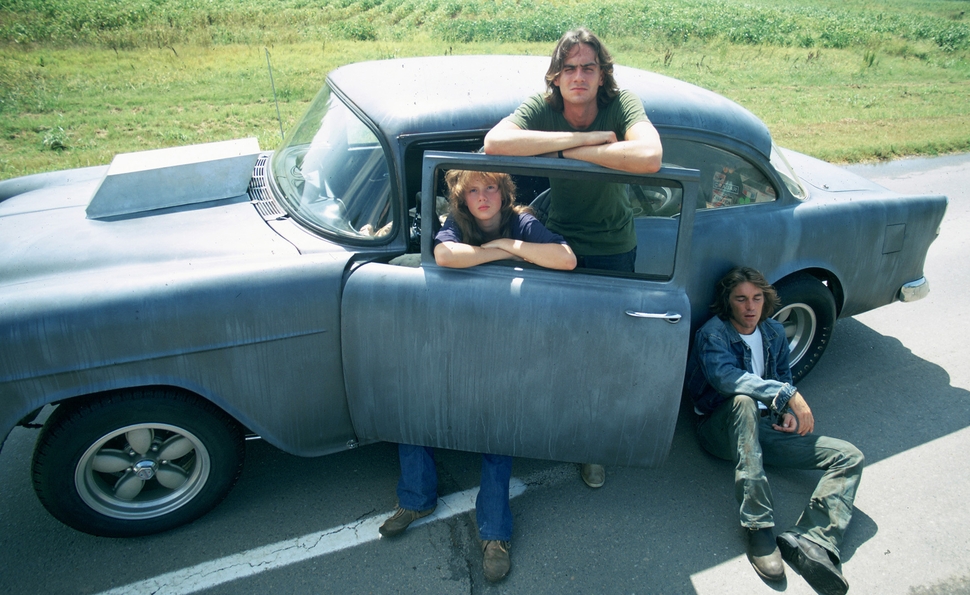
Although one of my favorite excuses to hate a particular film is the lack of likable characters, Two-Lane Blacktop is one of the rare cases in which there’s no single character that I can rely on, yet I can still enjoy the film. Both the Chevy guys and GTO are full of themselves and they have a mindset that they are better than anyone.
Let’s begin with The Driver and The Mechanic first. They are always confident that they have the fastest car out there. Here’s how The Driver “accepts” the challenge from one racer…
“Well, ordinarily, I’d jump at the, uh, opportunity, but the thing is, I’m just not in the habit of seeing the Chevy work against a two-bit piece of junk. […] Make it three yards, motherfucker, and we’ll have an automobile race.”
With a mindset like this, it’s not that hard at all for The Driver to be too serious when the race against GTO happens. As the race goes on, both sides try to use dirty tricks to make the opponent angry. For example, when The Driver passes GTO (who gets pulled over by the police) The Driver tells the police that he saw GTO driving over 90 miles per hour and blatantly lies that he “scared my wife about half to death”. However, shortly after that they confront each other again and, somehow, both The Driver and The Mechanic decide to warn GTO about his car’s bad condition (that might be a lie) and decide to accompany him to the nearest town to fix it. Still, both GTO and The Driver have another argument here…
“GTO: Everything fell apart on me…my job, my family, everything. I had this job as a television producer, and I walked into the office –
The Driver: I don’t wanna hear about it.
GTO: What do you mean you don’t wanna hear about it?
The Driver: It’s not my problem.”
So what do we learn about GTO prior to this? Well, he picks up random hitchhikers on the road. From a rich Southern guy to a (possibly) gay cowboy to an elderly woman, it’s interesting to see how GTO has conversations with a variety of strangers. Unfortunately, as the race becomes more and more intense, he starts treating the hitchhikers poorly and even tells one of them to get out of the car before reaching their destination. Later on, he has an awkward conversation with a hippie hitchhiker that makes the poor hippie want to leave the car right away. He later “reveals” his past to one of the hitchhikers:
“[The GTO car] is a mighty fancy automobile. I bought her in Bakersfield, California. I was testing jets at the time. It got so I wasn’t getting enough action on the ground. You know what I mean. I mean, you just can’t stay with the same high forever. […] So, after I got shot down twice over Korea…I decided it was time for some fun and games. Take a couple years off. You know what I mean? Then I ran out of cash and had to take a job testing jets. After a while it got so that I needed a little more action on the ground. I mean, you can’t stay with the same high forever. Right?”
I put the “reveals” in quotations because in the very last part of the movie, we see GTO blatantly lies about the origin of his car…
“I won it flat out. I was drivin’ a ’55 stock Chevy across country and I got in a race with this G.T.O…for pink slips. I beat the G.T.O. By three hours. Of course, the guys in the G.T.O. couldn’t drive worth a damn. But I’ll tell you one thing. There’s nothin’ like buildin’ up an old automobile from scratch…and wipin’ out one of these Detroit machines. That’ll give you a set of emotions that’ll stay with you. Know what I mean? Those satisfactions are permanent.”
This means that his life as a war veteran and jet tester could be a lie (and he might even appreciate the Chevy guys a little bit better in the end). What do we learn from this? In the end, there’s no difference between the young Chevy hotshots and the older GTO. The only thing they care about in their lives is how to make themselves look good in front of everyone. While the Chevy guys brag about their car and how fast it is, GTO makes everyone believe that he’s either someone that you should feel sympathy for or a brave dude. With today’s social networking, it’s much easier for us to run into both types of characters. To make things worse, the competition situation around us raises these factors up to eleven!
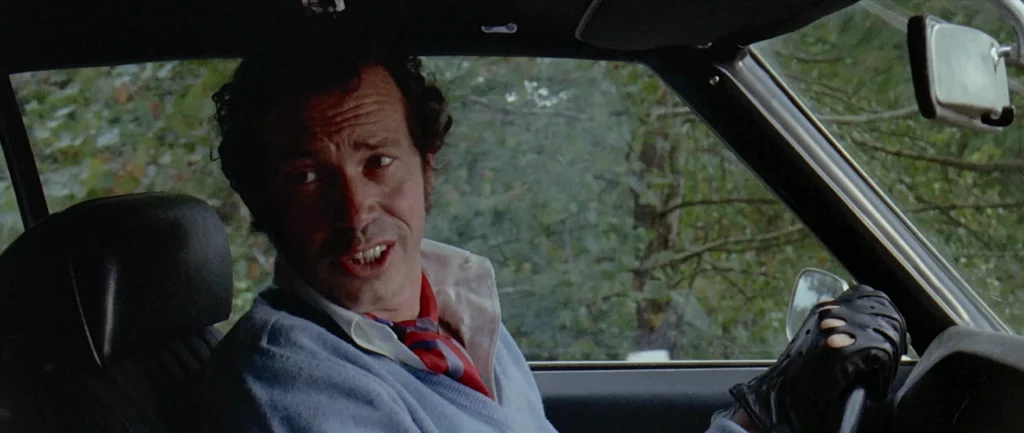
While I’m still wondering why there’s a “friendly” atmosphere between the Chevy duo and GTO all of sudden, there’s one character that acts smartly in the end, it’s the Girl. Although she only says a few words, after she drives around with both the Chevy guys and GTO, she clearly gets tired of them all. The Chevy dudes mostly care about their car instead of her, while GTO keeps playing the “poor me” card and tells her they should start a new life, which doesn’t make her interested in him. So, in the end, she leaves both parties and gets on the back of someone’s motorcycle instead. She represents the character who’s sick of the pressure and arrogance that happens during these macho battles. Therefore, she decides to break free from these characters who think they are “free” since they aimlessly roam around the country, yet still imprison themselves through heated competition.
So what happens in the end? Well, we never see who wins the race and the film ends abruptly, in a similar fashion to Monty Python and The Holy Grail. While the latter case was done for comedic effect, in Two-Lane Blacktop’s case, it happens because it doesn’t matter who wins the race. We already learn how this competitive lifestyle ruins people mentally.
This is not a film for everyone. It doesn’t have lots of good music like Easy Rider and mostly features ambient sounds or just total quiet. It has sparse dialogue and the pacing is relatively slow. But if you are looking for an arthouse cult classic or just to look back at cross-country racing in a realistic way, Two-Lane Blacktop is definitely the film that you should check out.
Tomorrow, we’ll conclude this series with the legendary car chase movie: Vanishing Point.
NOTE: As lame as it sounds, I also highly recommend James Taylor’s album JT. No matter how many times you’ve heard the Handy Man song, I still consider it as one of the best Soft Rock albums of the decade.

